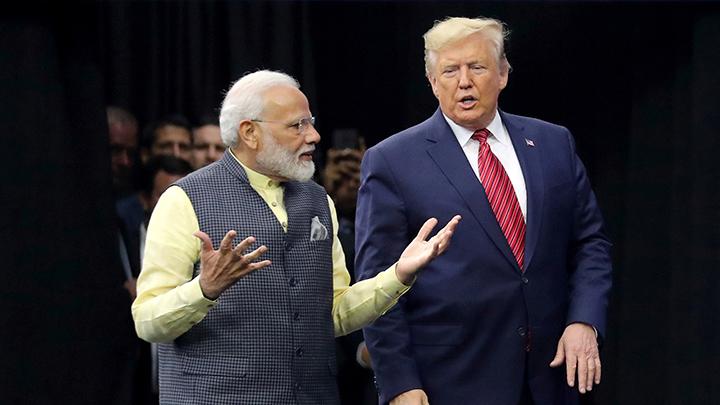For decades, words like NSE, BSE, MCX, and NCDEX felt like they belonged to another world—distant, intimidating, and out of reach for the average Kashmiri. These abbreviations were not just unfamiliar; they represented an entire financial system that seemed disconnected from the realities of life in the Valley.
But today, the tides are shifting.
With improved internet access, a surge in financial awareness, and a new generation of entrepreneurial minds, more and more Kashmiris are beginning to ask a powerful question:
“How can we use India’s financial markets to build a better future?”
At the core of this system are the National Stock Exchange (NSE) and Bombay Stock Exchange (BSE). While the NSE leads in speed and liquidity, the BSE—one of the world’s oldest exchanges—offers a strong foundation for long-term investors.
And the best part?
You don’t need to be in Mumbai or Delhi anymore.
Kashmiris can open demat accounts, trade stocks, and access the same tools as anyone else—right from their homes in Srinagar, Baramulla, or Kupwara.
But stocks are just the tip of the iceberg.
Futures and Options (F&O) offer more sophisticated (and riskier) strategies. Rather than buying shares, you’re betting on price movements. It’s exciting—but it demands discipline, strategy, and strong emotional control.
And that’s where many stumble.
Financial literacy is still catching up, and the allure of quick profits often leads to painful losses.
For those looking for a more grounded entry point, commodity derivatives may be more relevant. Platforms like MCX and NCDEX allow trading in items like gold, crude oil, and agricultural produce. For a region like Kashmir, where apple farming is a vital part of the economy, this is a golden opportunity.
Imagine a farmer in Shopian or Sopore securing a fair price for his apples in advance, no longer at the mercy of unpredictable weather or volatile markets. That’s the power of futures contracts on NCDEX.
But success in financial markets requires more than just tools. It requires understanding the difference between trading and investing.
-
Traders move quickly, analyzing charts and news for short-term profit.
-
Investors think long-term, building wealth patiently over time.
In Kashmir, the thrill of trading often overshadows the wisdom of investing. But true wealth comes from patience and planning.
Technology, of course, is essential.
Today’s trading platforms offer real-time data, instant alerts, and fast execution. But when internet outages hit Kashmir—as they often do—a well-planned trade can suddenly turn into a loss. That’s why choosing the right broker, with robust support and offline options, is critical.
Equally important is risk management.
Tools like stop-loss orders, understanding position sizing, and—most crucially—emotional control can mean the difference between growth and disaster. Kashmiris, shaped by decades of uncertainty, already have a resilience that can be channeled into strong market discipline.
Then there’s taxation.
SEBI and the Income Tax Department have clear rules—but they change often. If you don’t understand how capital gains are taxed or how long-term and short-term profits differ, you could end up paying more than you earn. Staying informed and compliant is not optional—it’s non-negotiable.
And let’s not forget the cultural factor.
In Kashmir, a natural risk aversion—a byproduct of historical and political instability—still influences financial decisions. That’s why local financial advisors, who understand both the global market and Kashmiri context, are invaluable.
One real success story comes from Srinagar. In 2023, a group of young entrepreneurs used NCDEX to protect their apple export business. Faced with wild swings in pricing due to erratic weather, they began trading futures contracts. Not only did they stabilize their earnings, but they also inspired others in their community to explore structured financial planning.
Their story isn’t about overnight wealth.
It’s about strategy, patience, and knowledge.
And that’s what will carry Kashmir forward.
In the End, It’s Not Just About Money—It’s About Empowerment.
This is about rewriting the narrative for a region long kept at the sidelines of India’s economic journey. It’s about showing that with the right education, tools, and mindset, even the most complex financial systems can be navigated, understood, and leveraged.
To every Kashmiri reading this:
The markets are open.
The doors are no longer closed.
Walk through them with courage, clarity, and care.
And remember—you don’t have to do it alone. Seek guidance, learn continuously, and help others rise with you.
This is more than trading. It’s transformation.




